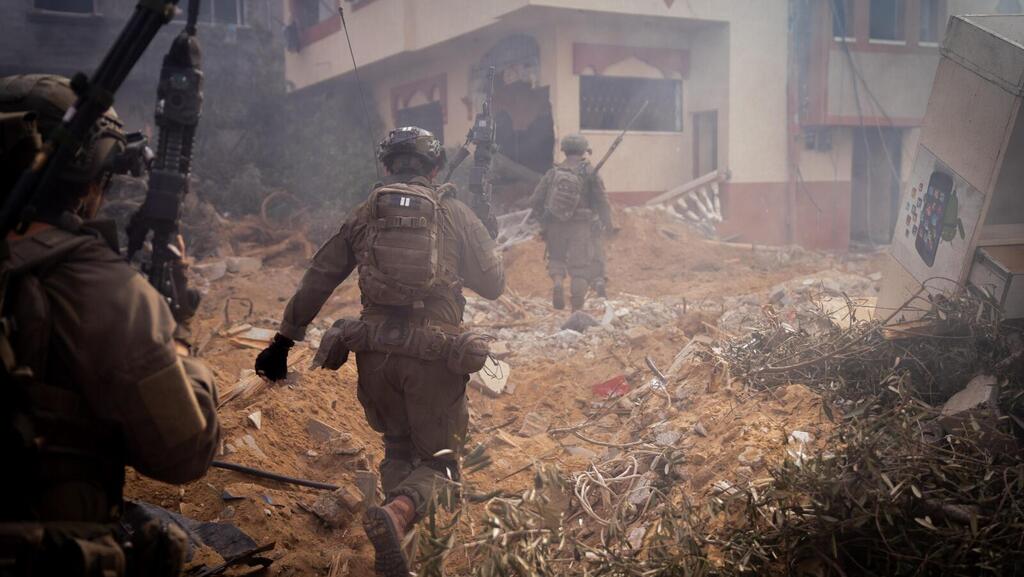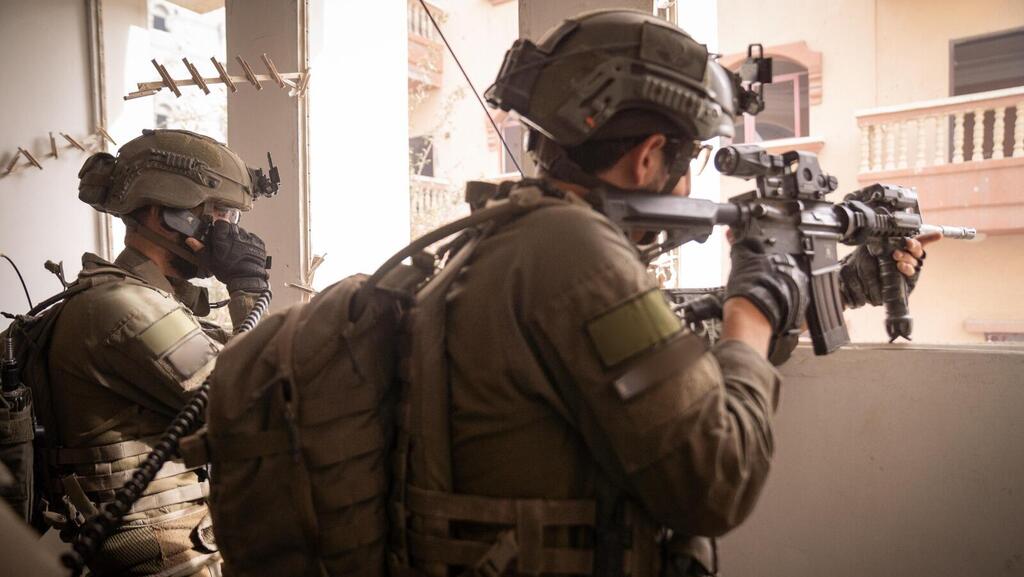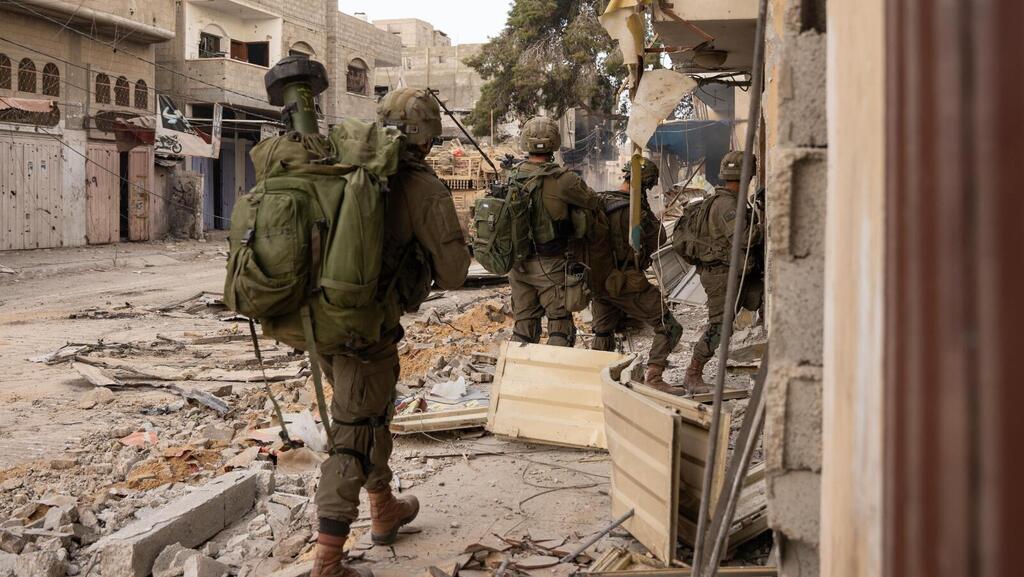Rafah’s historical and contemporary importance underscores why maintaining control over the city will be crucial for Israel’s long-term security.
A city shaped by history
Rafah's modern history has been marked by geopolitical divisions. In 1906, the British drew a border dividing the city between British and Ottoman territories, creating an unstable foundation that would persist. Following the UN Partition Plan of 1947, Rafah was assigned to Arab territories and fell under Egyptian control after Israel’s War of Independence.
However, Egypt never annexed Rafah, leaving the city politically uncertain. This fractured identity deepened after the 1967 Six-Day War when Israel captured the city. The 1979 peace treaty between Israel and Egypt reinstated the 1906 border, dividing Rafah between Gaza and Egypt, with the creation of the Philadelphi Corridor — a militarized zone notorious for smuggling and militant activity. The zone then became a vital junction for Hamas’ operations.
Rafah’s strategic importance
In the years following Israel’s disengagement from Gaza in 2005, Rafah's geographic position made it essential for Hamas. Rafah also gained international attention in 2006 when the abduction of Israeli soldier Gilad Shalit occurred near the city, further cementing Rafah’s importance as a center of militant activity.
A network of tunnels connecting Gaza and Egypt provided Hamas with supplies, arms, and resources, further entrenching Rafah’s role in its military operations. The Philadelphi Corridor, separating Rafah in Gaza from its Egyptian counterpart, has been the focal point of Israeli military efforts to destroy Hamas’ smuggling tunnels.
Get the Ynetnews app on your smartphone: Google Play: https://bit.ly/4eJ37pE | Apple App Store: https://bit.ly/3ZL7iNv
Despite multiple Israeli operations, including Operation Cast Lead and Protective Edge, Hamas has continued to maintain a stronghold over Rafah, further entrenching its role as a center of terrorism and destabilization in the region. This persistence underscores the need for decisive action to eliminate Hamas' grip on the city and disrupt its ongoing efforts to perpetrate violence.
The current stakes in Rafah
In the ongoing Gaza War, Rafah has become a critical target due to its dense urban landscape and extensive underground tunnel system. Senior Hamas leaders and Israeli hostages are believed to be hidden within the city’s tunnels, heightening its strategic value.
For Israel, securing Rafah is crucial for dismantling Hamas’ military infrastructure, rescuing hostages, and restoring security to southern Israel. Any delay in this operation risks prolonging the cycle of violence.
Nevertheless, the complexity of launching a ground offensive to neutralize Hamas’ hold on the city reflects the operational challenges Israel faces in this battle. Rafah remains the final obstacle to breaking Hamas’ grip on Gaza, making it vital to Israel’s broader military objectives.
Once used for smuggling, the Philadelphi Corridor now plays a pivotal role in the conflict. Destroying the tunnels that run through this buffer zone is essential to disrupting Hamas’ logistical operations. However, the scale and complexity of these tunnels present significant challenges to Israeli forces. The destruction of this tunnel network is non-negotiable if Israel is to sever Hamas’ supply lines.
The path forward: Maintaining control over Rafah
Looking ahead, the importance of Rafah extends beyond the current conflict. For Israel, maintaining control over Rafah is vital not just for military success but for preventing Hamas from re-establishing its operations. The strategic and symbolic weight of Rafah makes it a crucial element in any post-war political settlement. For Hamas, retaining control would mean the continuation of its military capabilities and a direct threat to Israeli security, making the city a flashpoint in future conflict resolution efforts.
 Jennifer Teale
Jennifer TealeConclusion
Rafah’s fate is inextricably linked to the outcome of the Gaza War. Beyond its role in dismantling Hamas’ military infrastructure, Rafah holds profound strategic and symbolic significance for both Israel and Hamas. The future stability of Gaza and the broader region hinges on control of the city. For Israel, securing Rafah post-war is essential for ensuring long-term security and stability in the region.





